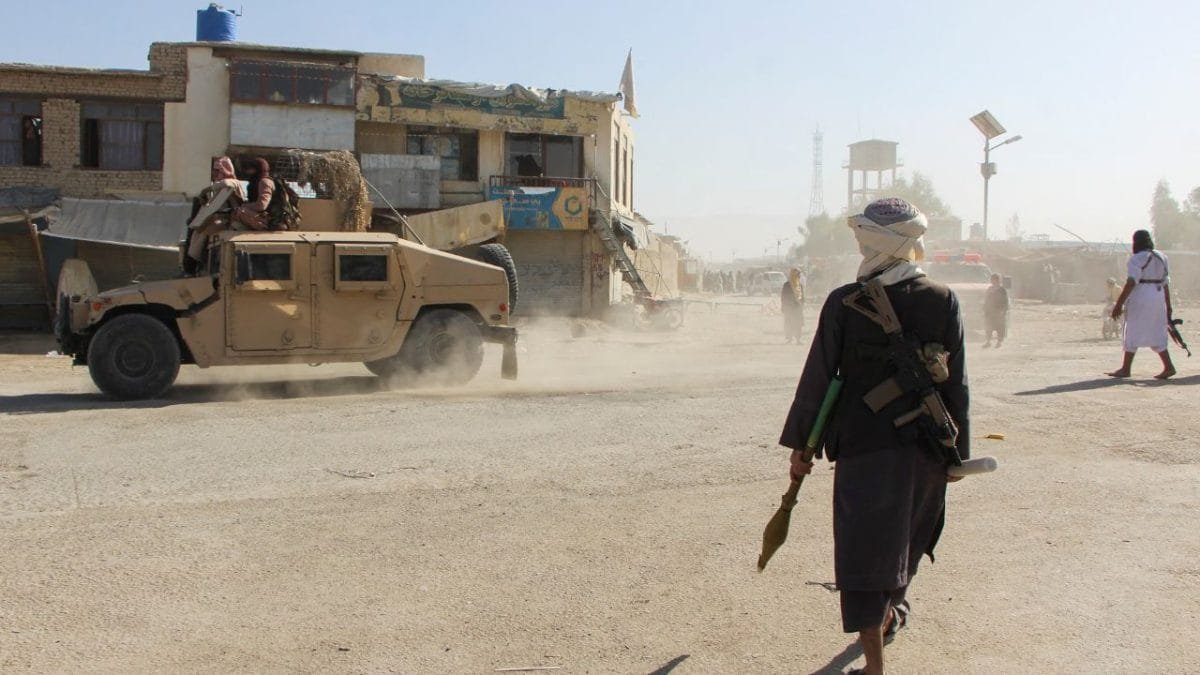ISTANBUL — Peace negotiations between Pakistan and Afghanistan’s Taliban government, hosted in Turkey over four days, concluded without a breakthrough, deepening regional tensions after a recent ceasefire.
Pakistan’s Information Minister, Attaullah Tarar, declared early Wednesday that the talks had “failed to bring about any workable solution,” accusing the Afghan delegation of evading the core issues and resorting to blame-shifting. The most contentious sticking point was Islamabad’s demand that Kabul commit to reining in the Tehrik-e-Taliban Pakistan (TTP), a militant group blamed by Pakistan for carrying out lethal attacks from Afghan territory.
Pakistani security sources said the Taliban delegation was unwilling to provide a written guarantee to clamp down on TTP operatives, arguing that Kabul lacked control over the group. Afghan sources countered that the TTP functions independently and is not under direct Taliban command or control.
The talks had followed a ceasefire agreement brokered in Doha on October 19, after weeks of intense cross-border clashes that resulted in heavy casualties on both sides. Though the ceasefire held during the negotiations, sporadic violence continued in some border sectors.
In Islamabad, Defence Minister Khawaja Muhammad Asif warned that the failure of talks might open the door to a full-scale conflict, saying Pakistan’s patience was running out. Meanwhile, Afghan media reported that in technical committee meetings held alongside the main talks, some limited consensus was reached, but no formal agreement was struck.
The breakdown marks a serious setback for regional stability. Analysts suggest that the impasse underscores the deep mistrust between Kabul and Islamabad, divergent strategic priorities, and the challenge of reconciling demands about militancy control with sovereignty and internal coordination.
The fate of the Doha-brokered truce now hangs in the balance. While both sides have publicly maintained that the ceasefire continues, the failure to convert dialogue into durable commitments increases the risk of renewed military escalation along the 2,600-km border. Turkey and Qatar, which mediated the talks, are reportedly exploring whether further rounds can resume—though for now, no timeline has been announced.





